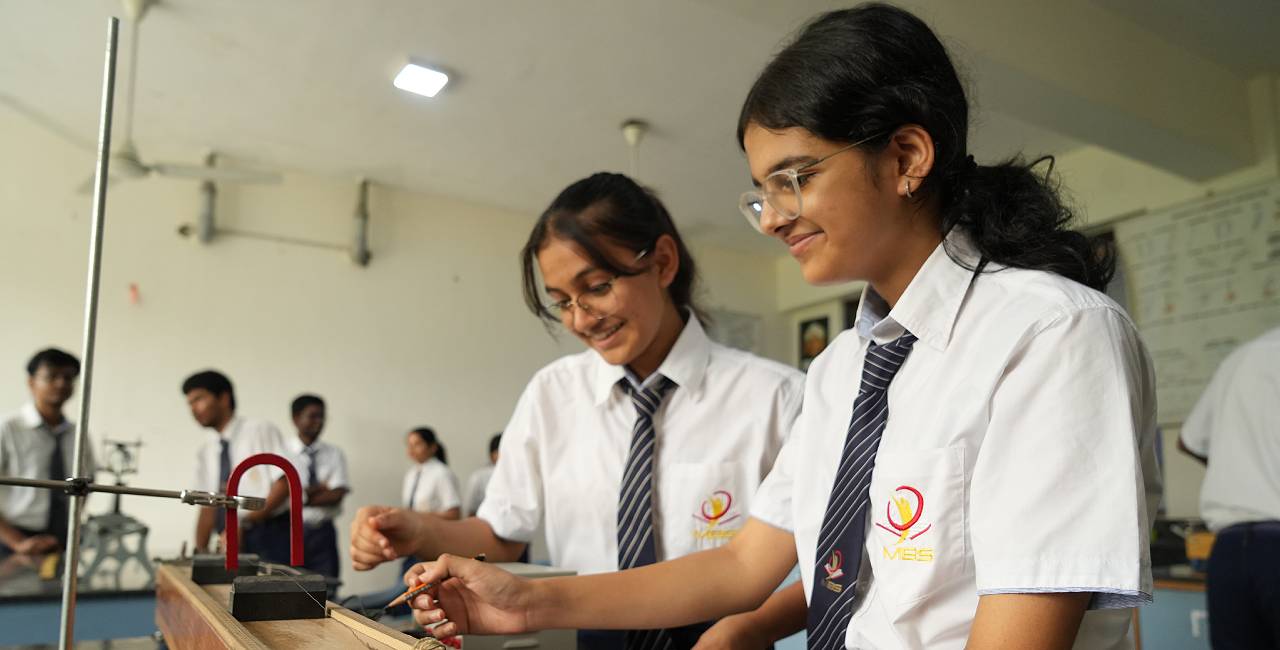
Focus on hands-on experiences rather than rote memorization. Encourage the use of knowledge and skills in real-world problem-solving situations.
Build knowledge and attitudes related to essential livelihood skills. Cover essential skills in areas such as life skills, financial literacy, digital literacy, health and wellness, road safety, citizenship education, disaster management, and multilingualism.
Integrate experiential and activity-centered approaches, joyful learning, sport and art-integrated learning, toy-based pedagogy, storytelling, gamification, and technological innovations (ICT integration) to align with global trends across various subjects. Support learning through diverse assessment methods.
Ensure that inclusive practices are a fundamental aspect of all educational activities.
Promote understanding of diverse cultures and languages within a connected society.
Weave environmental awareness throughout various subjects. Advocate for values-based learning activities that uphold the principles of the Constitution.
The secondary curriculum is focused on the students, viewing the school as a setting where learners develop a range of skills. This includes enhancing their self-identity, fostering entrepreneurial spirit, cultivating an appreciation for aesthetics, and promoting sportsmanship. To support the development of essential competencies in students, the curriculum includes key learning areas as follows:
Language 1 | Compulsory
Subject Code: 184
Language 2 | Compulsory
Subject Code: 085
Compulsory
Subject Code: 041/241
Compulsory
Subject Code: 086
Compulsory
Subject Code: 087
Optional
Subject Code: 417
Note* Compulsory Subjects having only school based internal assessment